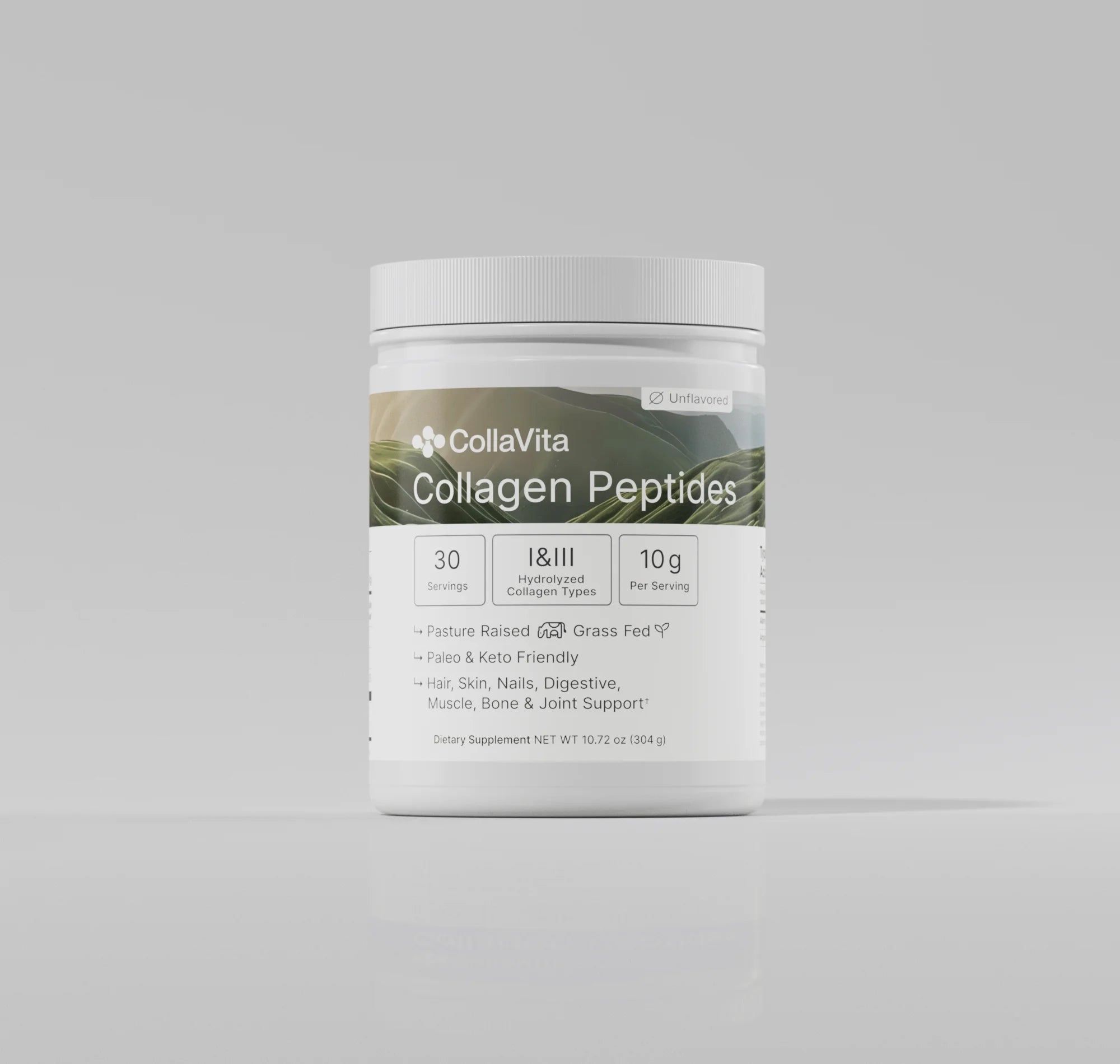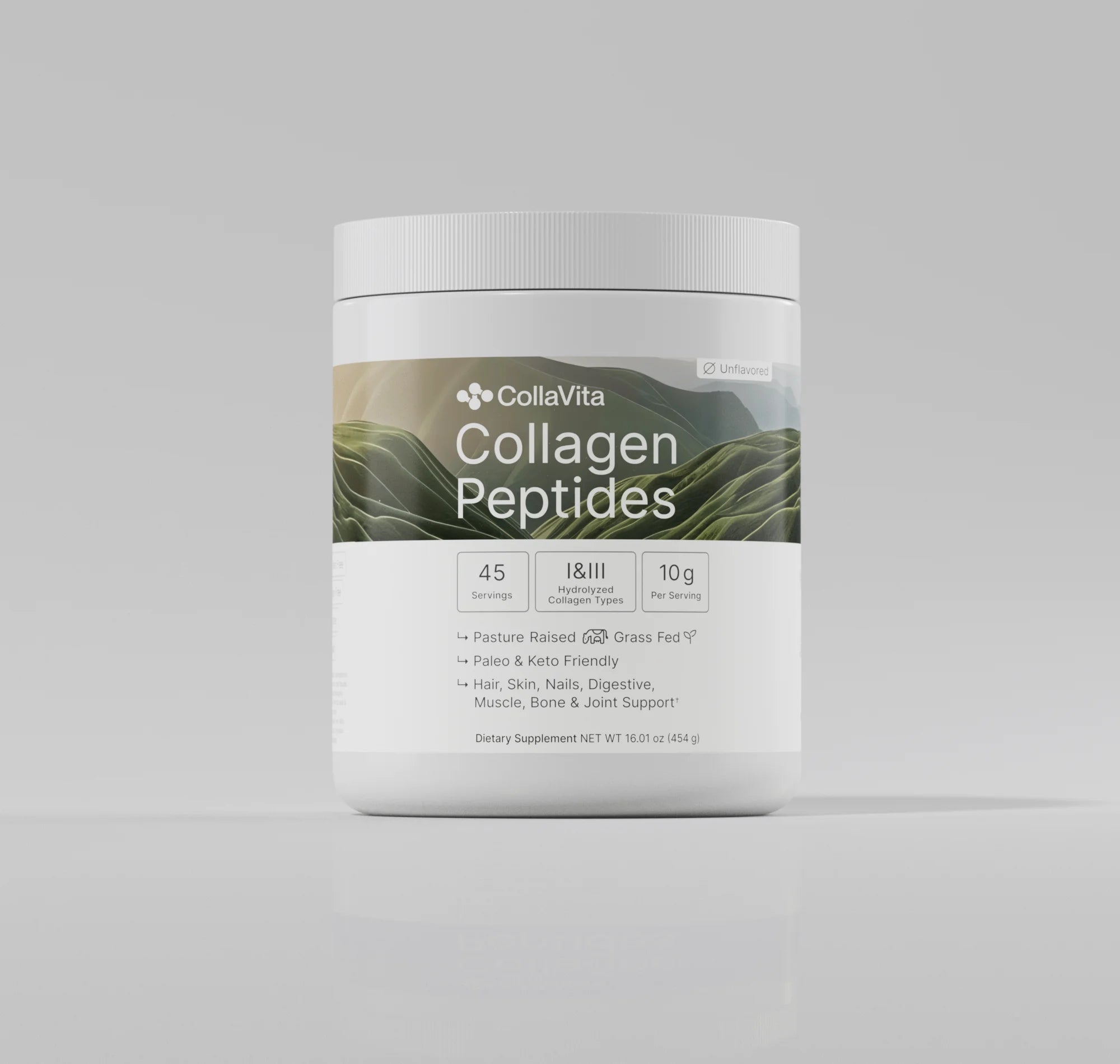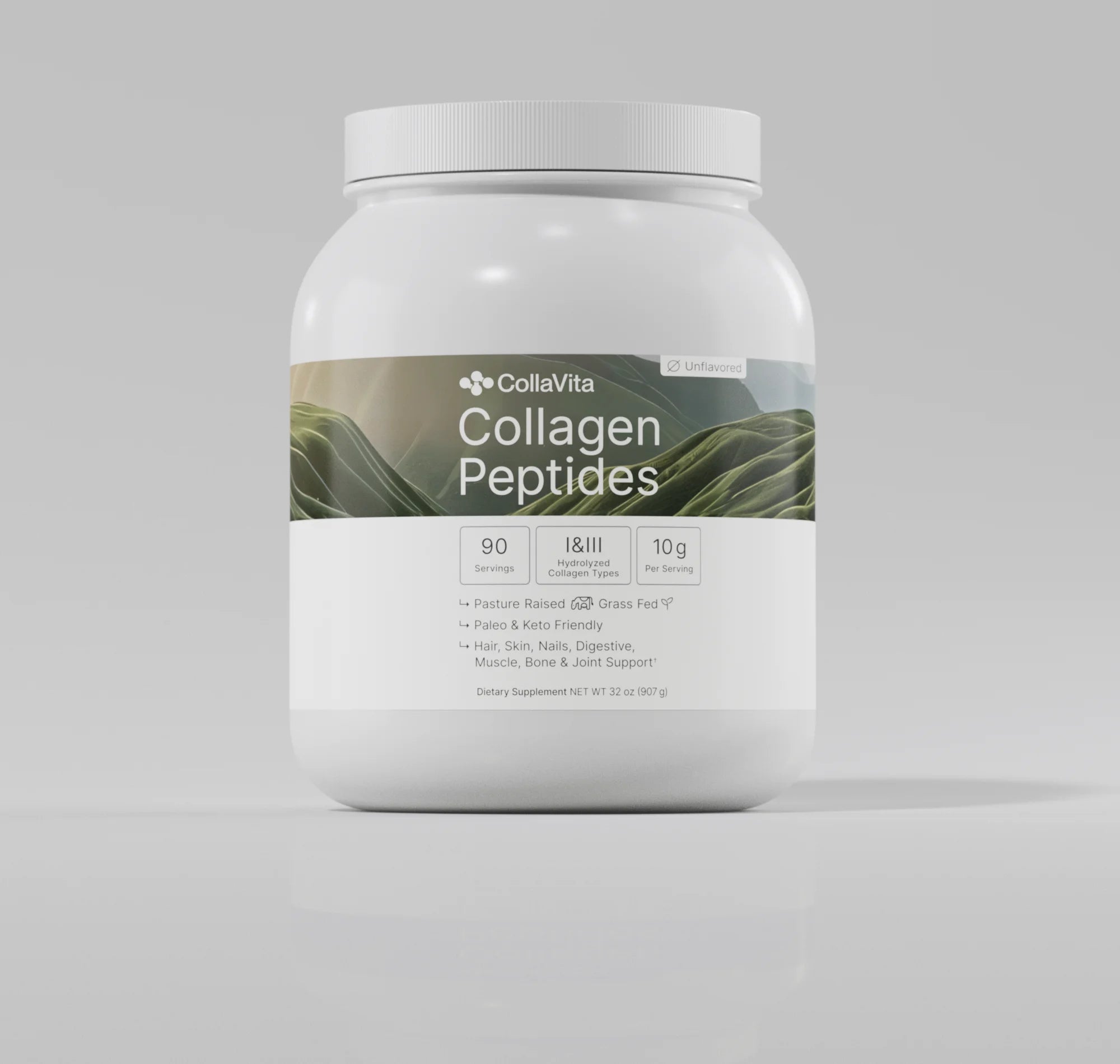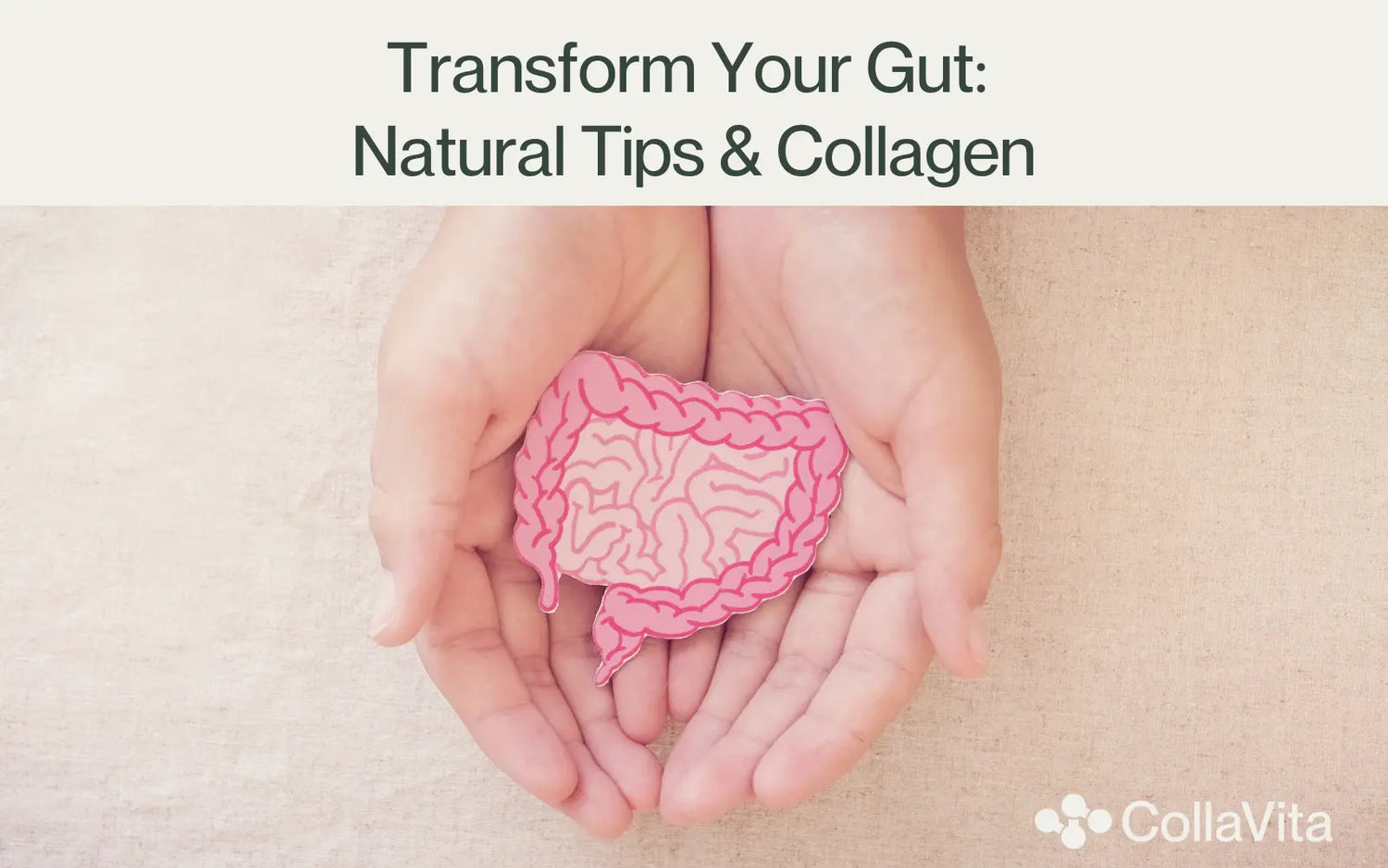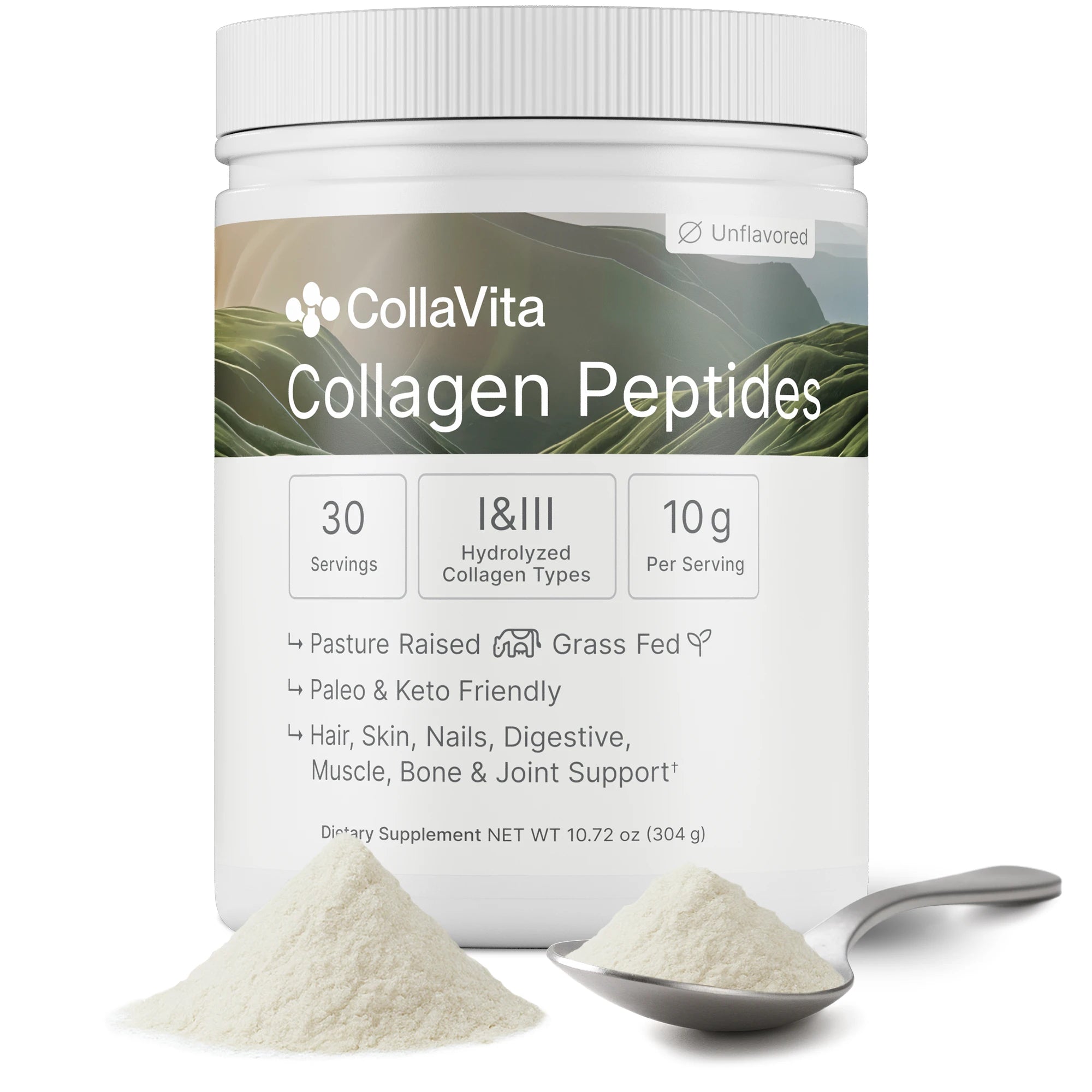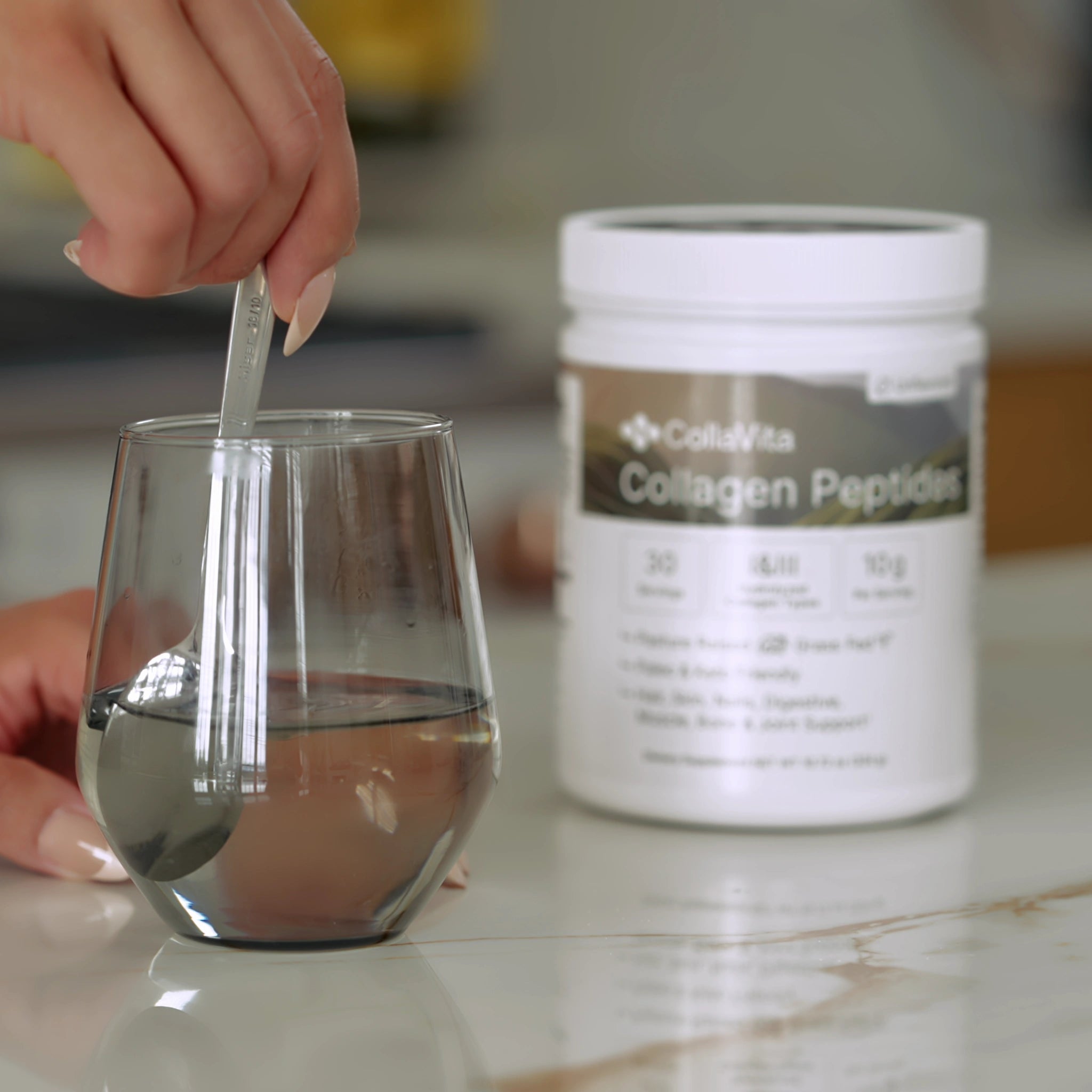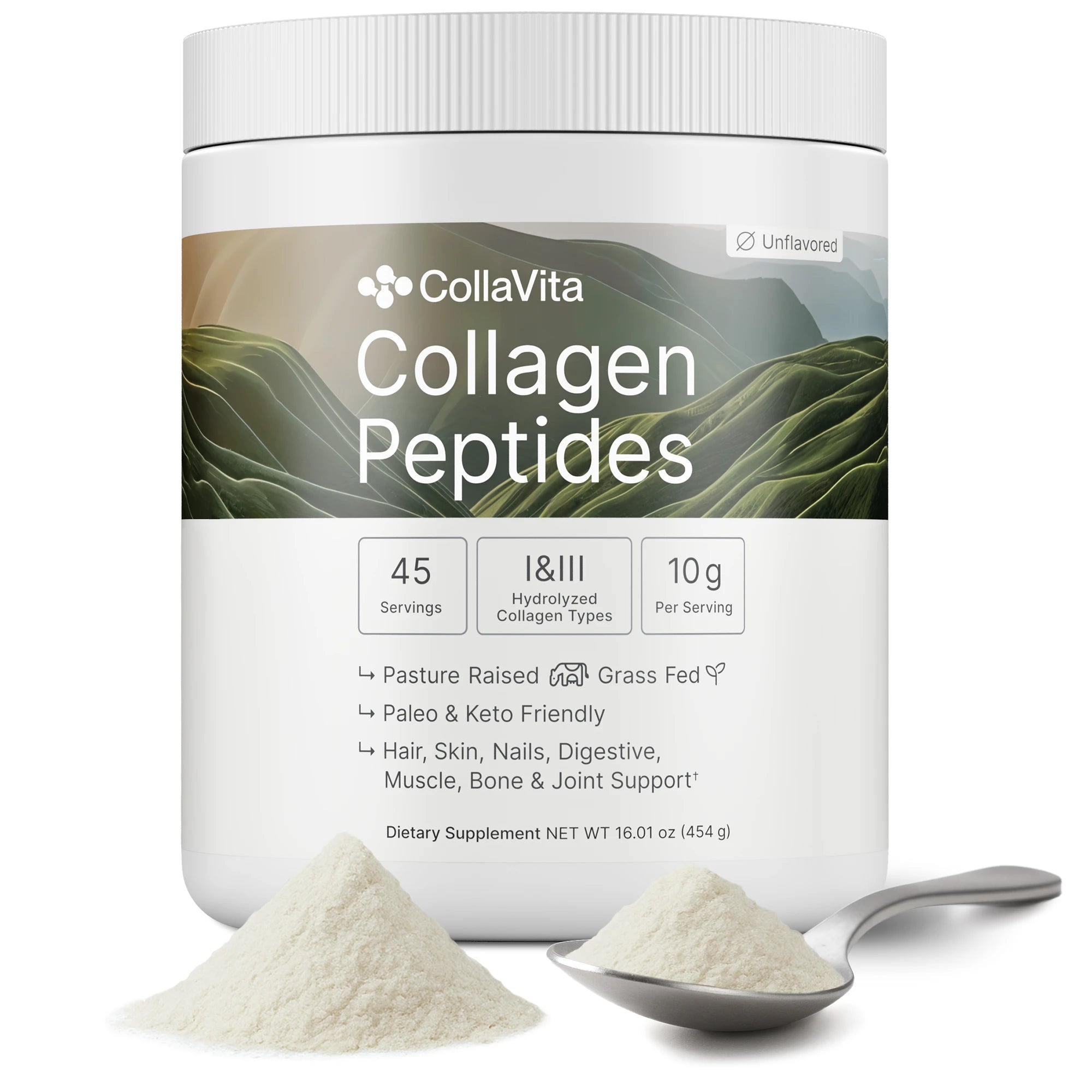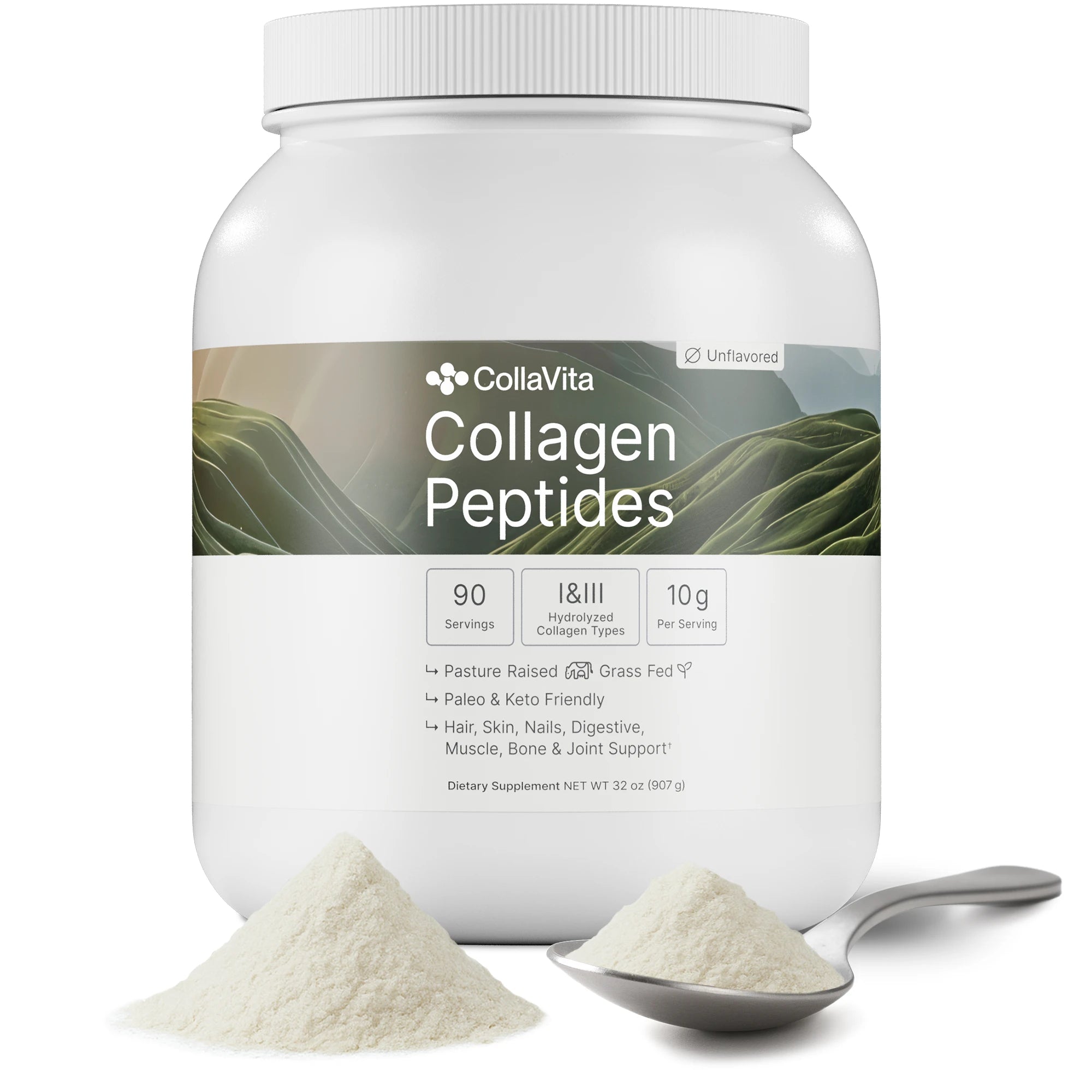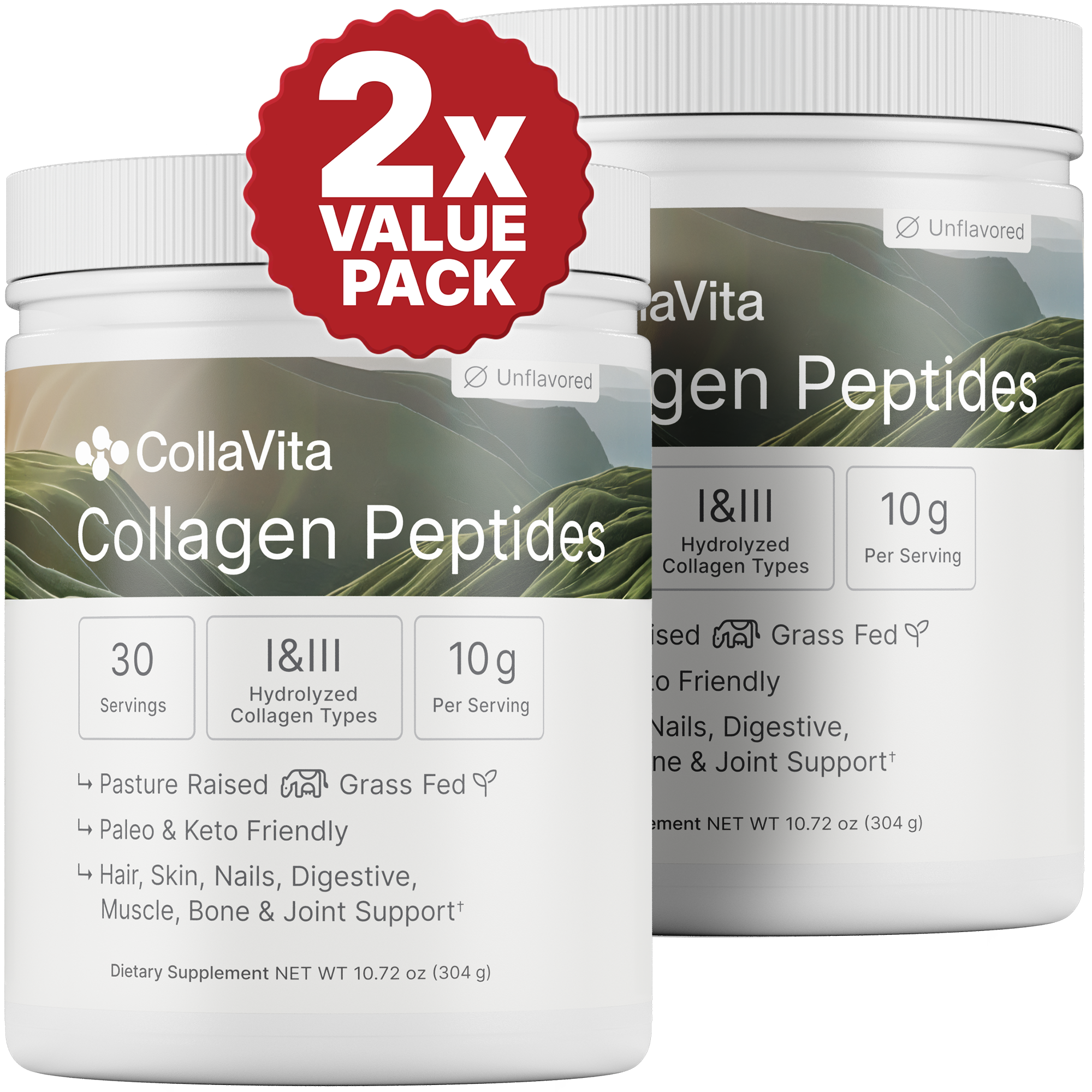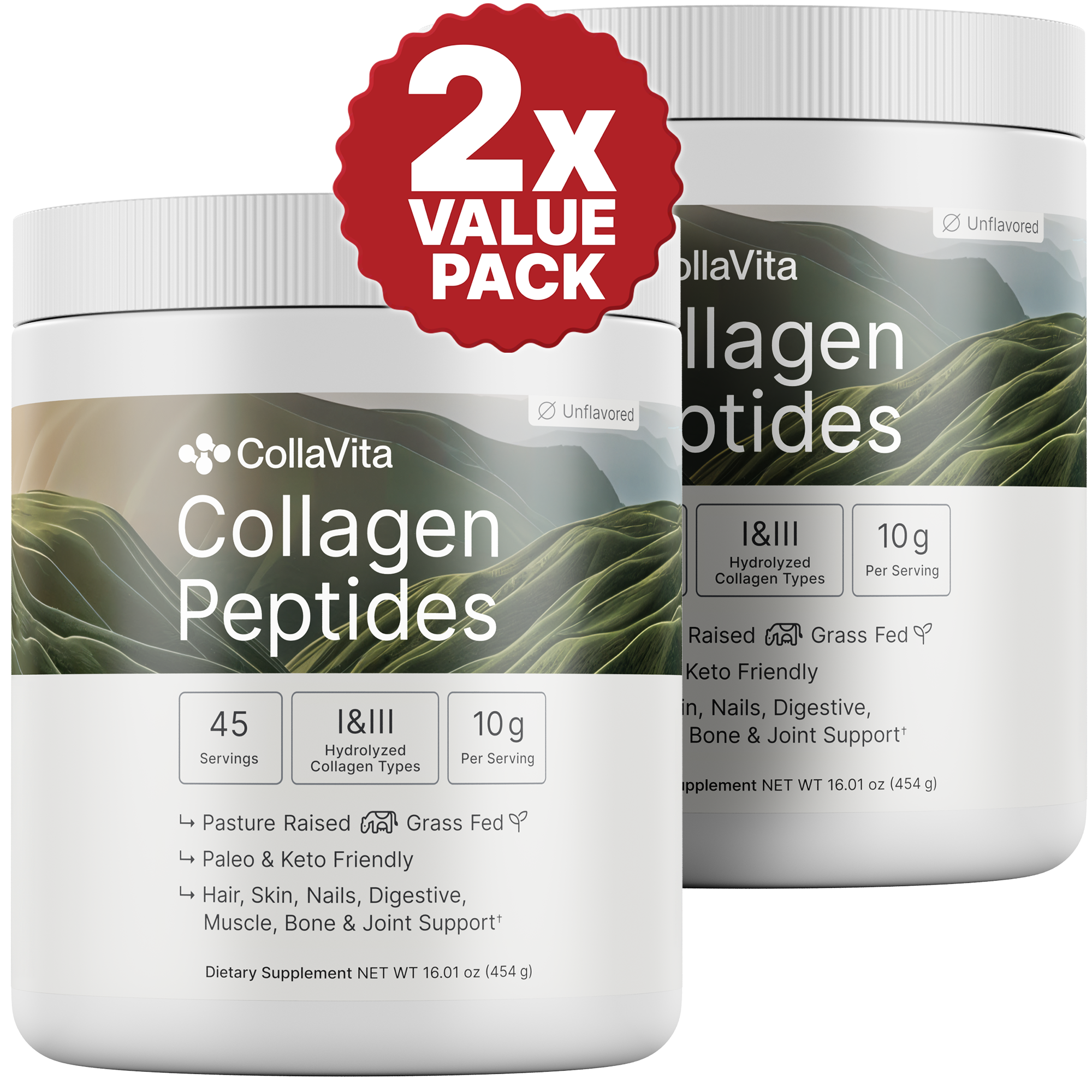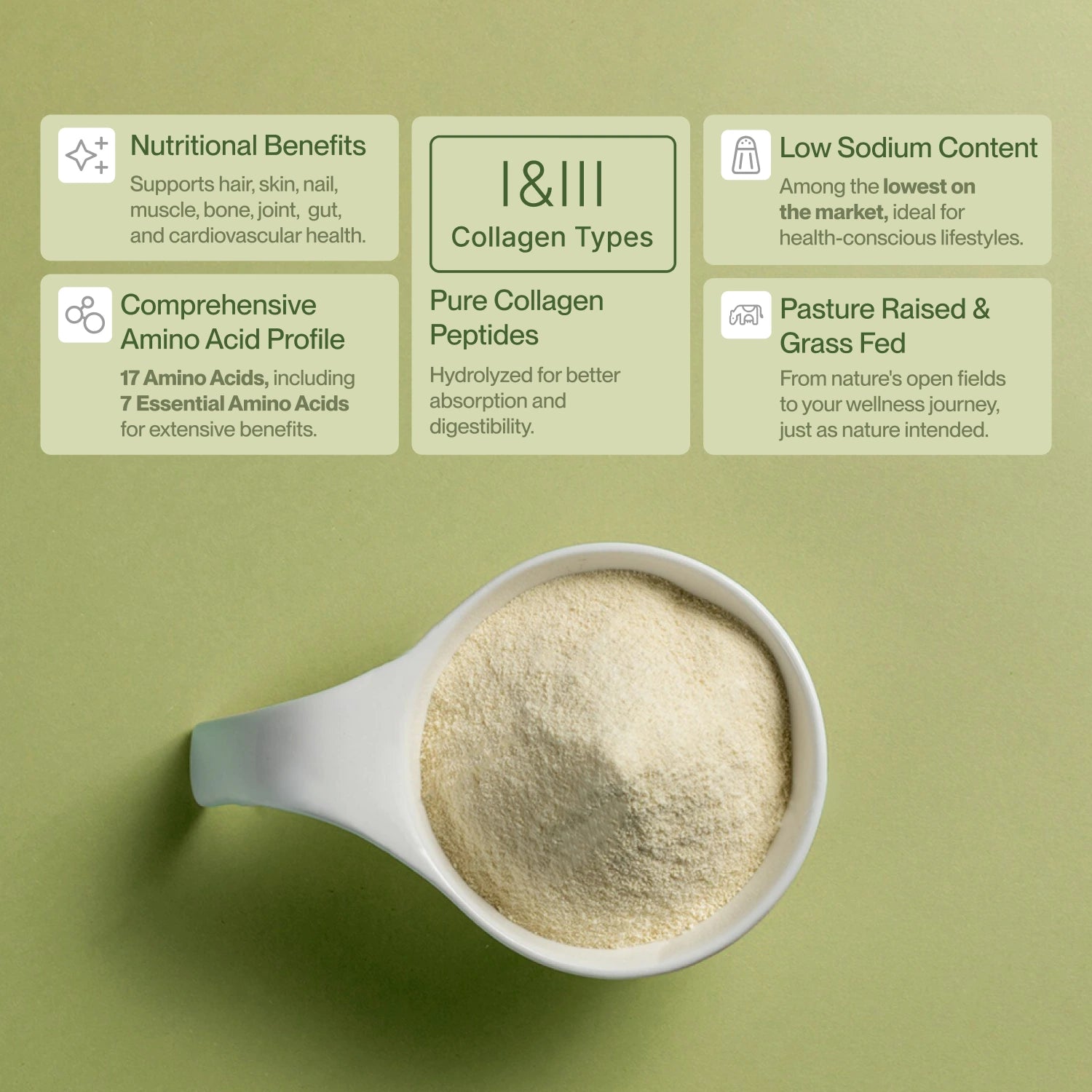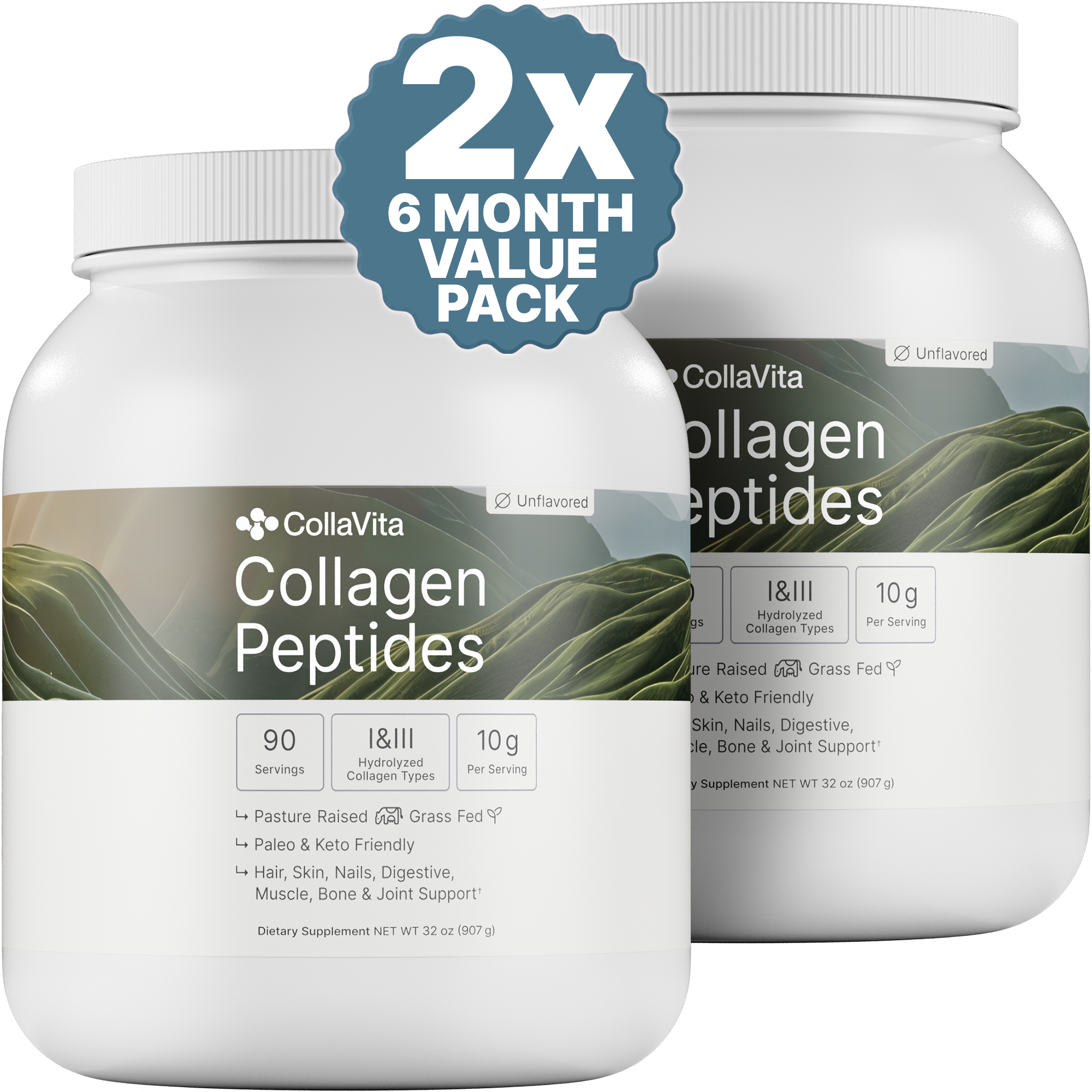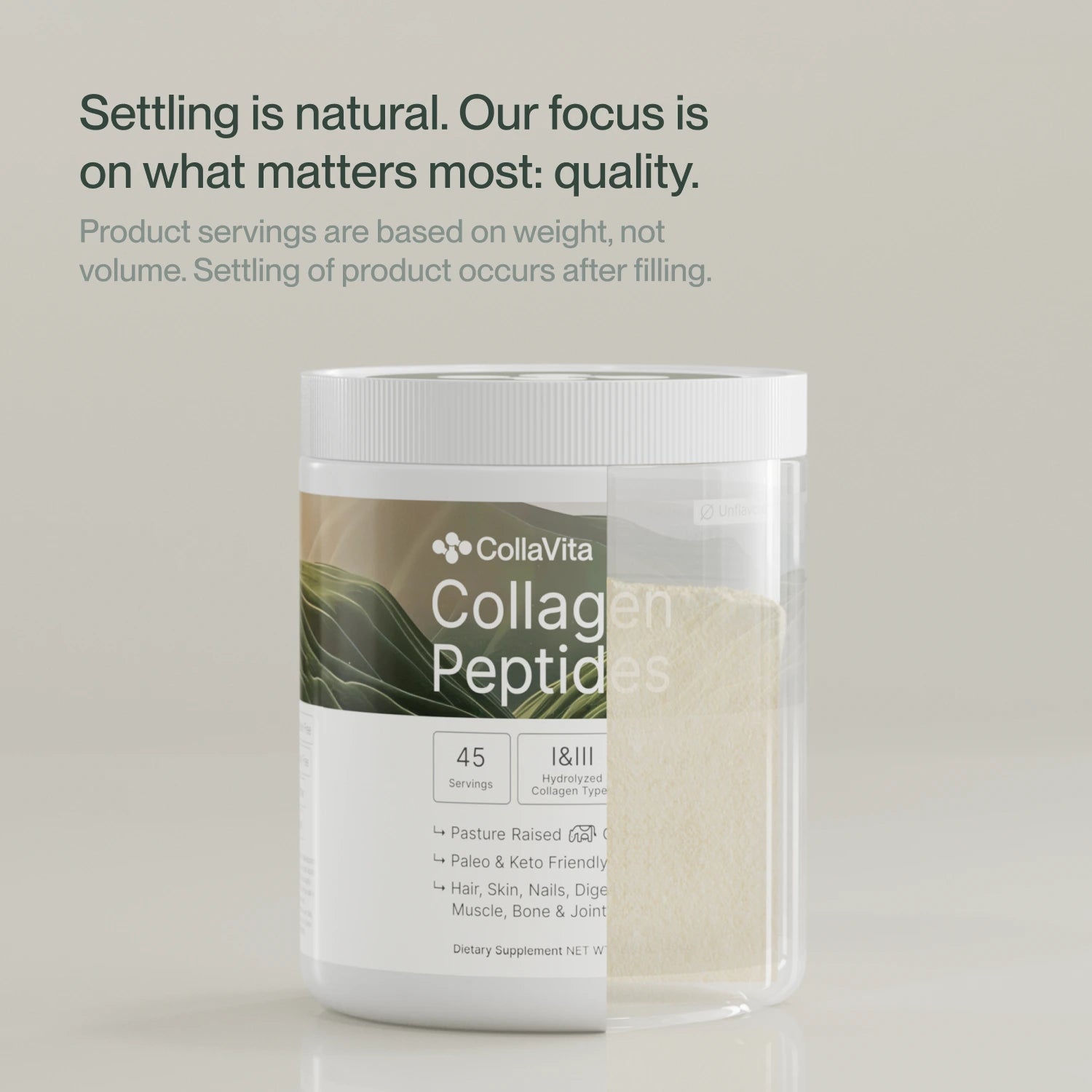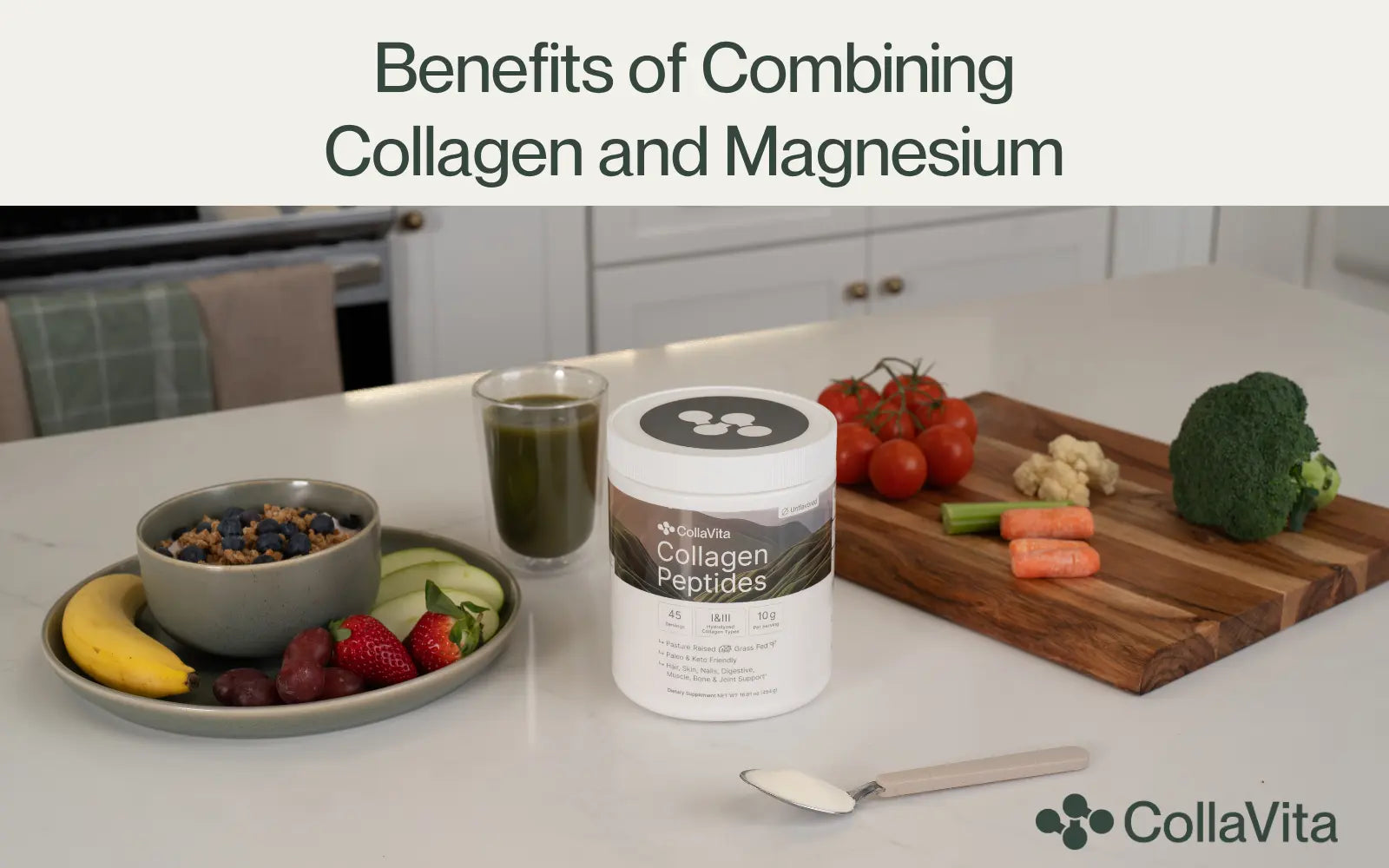What is the Importance of Gut Health?
Key Functions of a Healthy Gut
| Function | Description |
| Digestion & Nutrient Absorption | Breaks down food, absorbs nutrients, and produces essential vitamins like B vitamins and Vitamin K. |
| Immune Support | Acts as a barrier against harmful pathogens and supports the body's natural defenses. |
| Mental Well-being | The gut-brain axis shows a clear link between gut health and mental clarity, mood, and cognitive function. |
What are the Signs of an Unhealthy Gut?
- Digestive Discomfort: Frequent bloating, gas, diarrhea, or an upset stomach.
- Fatigue and Weight Changes: Poor nutrient absorption can lead to fatigue and unintentional weight fluctuations.
- Sleep Disturbances: The gut produces serotonin, a key regulator of sleep.
- Food Intolerances: Difficulty digesting certain foods can be a sign of a compromised gut lining.
- Skin Irritation: Gut inflammation can manifest as skin issues like eczema or acne.
- Autoimmune Conditions: A disrupted gut environment can contribute to systemic inflammation and autoimmune disorders.
How to Improve Your Gut Health Naturally?
Diet: The Foundation of Gut Health
| Food Group | Role in Gut Health | Examples |
| Prebiotics | Fuel for beneficial gut bacteria. | Garlic, onions, bananas, asparagus. |
| Probiotics | Introduce live beneficial bacteria to the gut. | Yogurt, kefir, kimchi, sauerkraut. |
| High-Fiber Foods | Aid digestion and promote regular bowel movements. | Whole grains, legumes, fruits, vegetables. |
Lifestyle Habits for a Healthy Gut
- Stay Hydrated: Water is essential for digestion and nutrient absorption.
- Exercise Regularly: Physical activity promotes a diverse and balanced gut microbiome.
- Manage Stress: Chronic stress negatively impacts gut health. Practices like meditation and yoga can help.
The Role of Supplements in Gut Health
Supplements can provide additional support for your gut health, but they should complement a healthy diet and lifestyle, not replace them.
- Probiotics & Prebiotics: These are the most common gut health supplements, helping to balance your gut flora. Studies indicate that probiotics can effectively restore and improve the balance of gut microbiota, published in 2024 in Microorganisms(2).
- Avoid Processed Foods and Sugar: These can harm beneficial bacteria and promote the growth of harmful ones.
- Digestive Enzymes: These can aid in the breakdown of food and improve nutrient absorption.
- Fiber Supplements: Can help with regular digestion and prevent constipation.
The Power of Collagen for Gut Health
FAQ
Is collagen only beneficial for gut health?
Which type of collagen is best for gut health?
One of the most popular options is marine collagen, known for its high bioavailability and easy absorption by the digestive system.
Should collagen be combined with other nutrients?
Yes, vitamin C plays a key role in collagen absorption. You can read more in our collagen with vitamin C guide.
Is liquid collagen better for gut health?
Liquid forms are absorbed faster by the body and can be convenient for daily use. Explore more in our liquid collagen guide.


